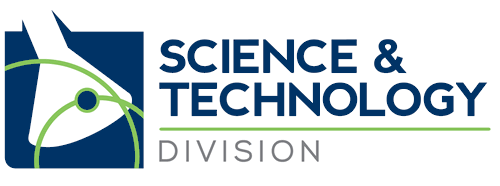1.1K
By Carola F. Berger, Ph.D.
The physics blogosphere is currently buzzing with wild rumors about a possible announcement of the discovery of the elusive Higgs boson (AKA the “God particle”) at the Large Hadron Collider (LHC) at CERN in Switzerland. The rumors are so substantial that even mass media such as the New York Times have been picking up the news. CERN issued a press release
https://press.web.cern.ch/press/PressReleases/Releases2012/PR16.12E.html, announcing an update on the Higgs search on July 4, at the biggest particle physics conference of the year, ICHEP in Melbourne, Australia.
The discovery of this particle may have important consequences for our current understanding of the universe and its content because currently we only know what less than 5% of the universe is made of. The other 95% are more or less unknown, conjectured to consist partly of unknown particles, the so-called “dark matter”, and something even more elusive that has been dubbed “dark energy”. The LHC has been built to shed some light on these mysteries. The LHC at CERN is not only the world’s largest machine (as well as the world’s largest fridge), but also home of the world’s largest international scientific collaborations, with scientists from over 100 different nations. As such, the underlying science may be of interest to linguists.
At the LHC, subatomic particles are smashed together at nearly the speed of light. The energy created in these collisions is then converted back into matter. The CERN scientists hope that the collision energy is large enough to create new forms of matter, among them the Higgs boson. The reason why the discovery of this particle is so important is because the theoretical mechanism which predicts the existence of the Higgs also explains why particles have mass – otherwise we’d all be buzzing around the universe massless and at the speed of light. Therefore, if the theory is correct, this particle has to exist. If it does not, our understanding of even the less than 5% of the universe that we think we know has to be revised.
The talk will give a basic overview on the search for the Higgs (also known as the “God particle”), dark matter, and all the other related buzzwords, as well as an explanation of the concepts hinted at above, at a level intended for a non-expert audience. The talk should be interesting to physics-experts as well, because an overview over the latest results and – hopefully – the discovery of the Higgs will be presented.
From a linguistic perspective, as mentioned above, thousands of scientists from over 100 different nations are collaborating on the experiments at CERN. Although the scientific papers are published in English, and the official CERN council languages are English, French, and German, many physicists share their knowledge in their native languages at blogs such as https://www.quantumdiaries.org/ The official CERN website, www.cern.ch/, is available in English and in French, and some subset of pages in various other languages, although there are many more languages spoken in the CERN member states. In particle physics, preprints for the majority of publications, are freely accessible at https://arxiv.org/, although you may have to pay a fee to view the final journal versions (which usually differ only marginally from the free versions on the arXiv). Other fields of physics, mathematics, and other sciences are following suit and are beginning to provide open access to their publications via the arXiv or similar online portals. These publications are mainly in English, although some people publish their theses and similar documents in their native language. There may well be some linguistic opportunities out there.

